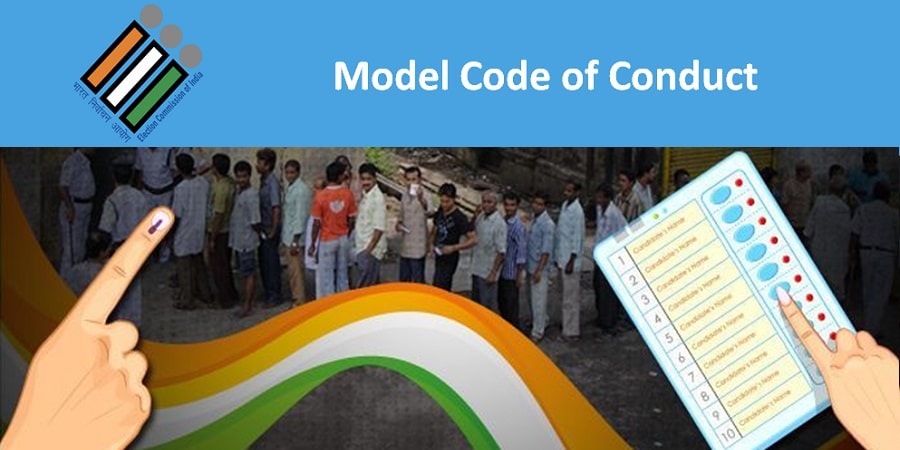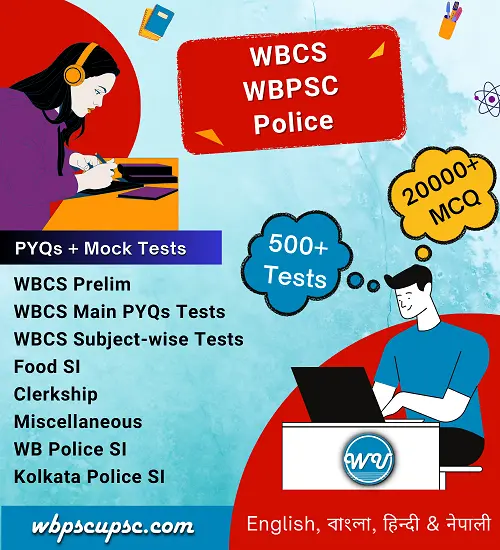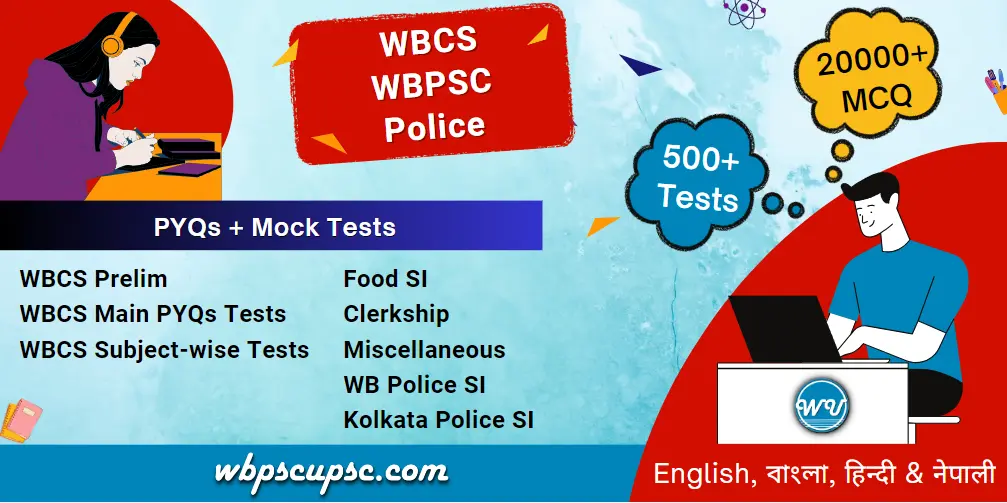Contents
>>>>>>>
- Model Code of Conduct is a document that originated and evolved with the consensus of the political parties.
- The origin of the MCC dates to the Assembly election in Kerala in 1960
- Model Code of Conduct (MCC) was agreed to by all the political parties in 1968.
- Election Commission first effectively put to use the MCC in the year 1991 to ensure fair elections and a level playing field.
- It comes immediately into effect after announcement of election schedule by commission.
- In case of premature dissolution of assembly, model code of conduct started immediately.
- The MCC is not enforceable by law.
- However, certain provisions of the MCC may be enforced through IPC 1860, Code of Criminal Procedure, 1973, and RPA 1951.
>>>>>>>

>>>>>>>
General Conduct under Model Code of Conduct
- No party or candidate shall indulge in any activity which may create tension between different castes and communities, religious or linguistic.
- Parties and candidates shall refrain from criticism of private life of the leaders
- Criticism based on unverified allegations or distortions shall be avoided.
- No appeal to caste or communal feelings for securing votes.
- Mosques, churches, temples or other places of worship shall not be used as forum for election propaganda.
- Should avoid “corrupt practices” and offences under the election law like
- Bribing of voters in any kind
- Distributing freebies
- Intimidation of voters
- Impersonation of voters
- Canvassing within 100 meters of polling stations
- Holding public meetings during the period of 48 hours ending with the hour fixed for the close of the poll
- Transport and conveyance of voters to and from polling station.
- No use of any individual’s land, building, compound wall etc., without their permission
- Workers of one political party shall not create disturbances at public meetings organized by another political party by putting questions orally or in writing or by distributing leaflets
- Processions shall not be taken out by one party along places at which meetings are held by another party.
- Posters issued by one party shall not be removed by workers of another party.
Meetings of Political Parties
- Party or candidate shall inform the local police authorities of the venue and time
- Party or candidate shall apply to the authority in advance for use of loudspeaker
- Organizers of a meeting shall invariably seek the assistance of the police on duty for dealing with persons disturbing a meeting
Processions
- A party or candidate organising a procession shall decide before and the time and place of the starting of the procession
- The organisers shall give advance intimation to the local police authorities
- The organisers shall take steps in advance to arrange for passage of the procession so that there is no block or hindrance to traffic.
- Burning or carrying of effigies purporting to represent of other political party leaders in public are not allowed
Polling Day
- All political parties and candidates shall :
- Co-operate with the officers on election duty.
- Supply to their authorised workers badges or identity cards.
- Identity slip supplied by them to voters shall not contain any symbol, name of candidate or party.
- Not distributing liquor on polling day and during the 24 hours preceding it.
- Not allow unnecessary crowd to be collected near the camps set up by the political parties and candidates near the polling booths
- Ensure that the candidate’s camps shall be simple.
- They shall not display any posters, flags, symbols or any other propaganda material.
- No eatable shall be served or crowd allowed at the camps.
Polling Booths
- Excepting the voters, no one without a valid pass from the Election Commission shall enter the polling booths.
Observers
- The Election Commission appoints Observers.
- Candidates or their agents have any specific complaint, they may bring the same to the notice of the Observer.
Party in Power
- The party in power at the Centre or in the state, should not use its official position for the purposes of its election campaign
- Ministers shall not combine their official visit with electioneering work
- Government transport including official air-crafts, vehicles, machinery and personnel shall not be used during the electioneering work
- Public places in connection with elections shall not be monopolized
- Govt. accommodation shall not be monopolized
- Govt. accommodation or offices can’t use as a campaign office or for holding any public meeting for the purposes of election propaganda.
- Issue of advertisement at the cost of public exchequer in the newspapers and other media and the misuse of official mass media during the election must be avoided
- Ministers and other authorities shall not
- Announce any financial grants or promises thereof
- Lay foundation stones etc., of projects or schemes of any kind
- Make any promise of construction of roads, provision of drinking water facilities, etc.
- Make any ad-hoc appointments in government, public undertakings, etc.
- Commission shall announce the date of any election not more than 3 weeks prior to the date
- Ministers of Central or state governments shall not enter any polling station or place of counting except in their capacity as a candidate or voter or authorised agent.
Guidelines on Election Manifestos
- Supreme Court in its judgment in 2013 has directed the Election Commission to frame guidelines with regard to election manifestos
- The promises in the election manifesto cannot be construed as ‘corrupt practices’ under Section 123 of RP Act,
- Generally political parties release their election manifesto before the announcement of election date
- In that scenario, Election Commission will not have the authority to regulate
- But an exception can be made in this regard as the election manifesto is directly associated with the election process
- Manifesto shall not contain anything against the Constitution
- It should maintain the spirit of Model Code of Conduct
- The Directive Principles of State Policy enshrined in the Constitution enjoin upon the State to frame various welfare measures
- So, there can be no objection to the promise of welfare measures in election manifestos.
- Manifestos also reflect the rationale for the promises and broadly indicate the ways to meet the financial requirements for it.
- Trust of voters should be sought only on those promises which are possible to be fulfilled.
Video Explanation
>>>>>>>




